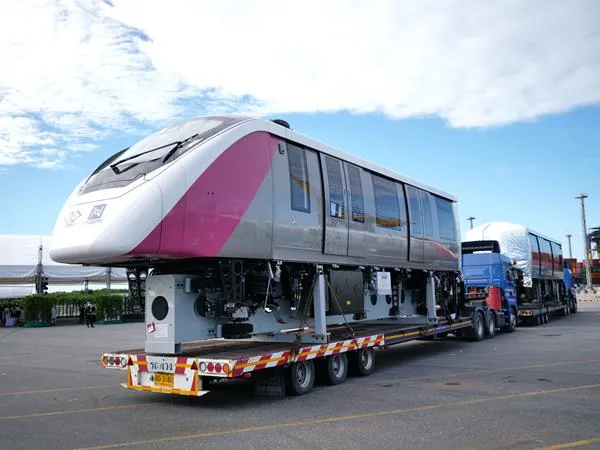Thales has supplied its driverless train control system: Seltrac CBTC solution for Santiago de Chile’s new metro lines 3 and 6. The technology aims to ensure safety and efficiency across the entire route, with a 90 second interval between trains as well as lower long-term operating costs and savings in traction power. Launched on 2 November 2017, the new metro line 6 aims to carry over 20,000 passengers per hour in each direction. Together, both lines will have a combined length of 37km, with 28 station
November 8, 2017
Read time: 1 min
Launched on 2 November 2017, the new metro line 6 aims to carry over 20,000 passengers per hour in each direction.
Together, both lines will have a combined length of 37km, with 28 stations and 37 trains.
The signaling system is a component of the solutions delivered by a consortium that consists of Thales and Spanish rail maker Construcciones y Auxiliar de Ferrocarriles.









